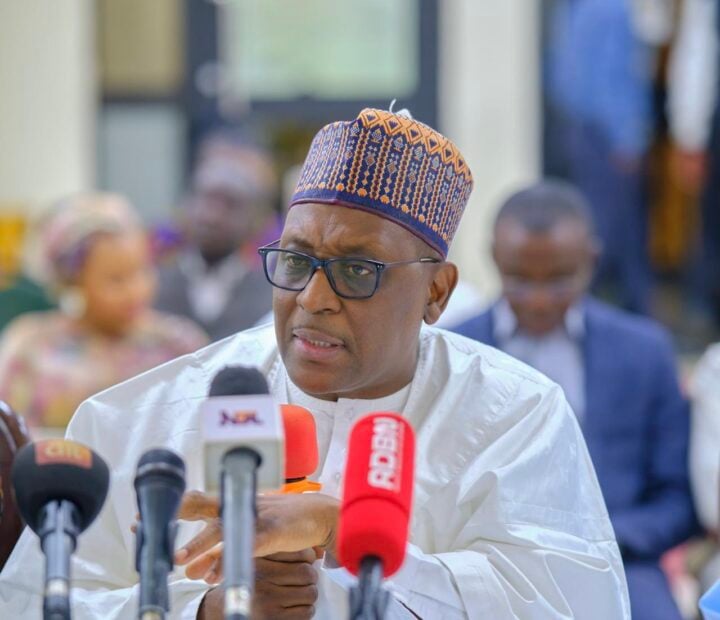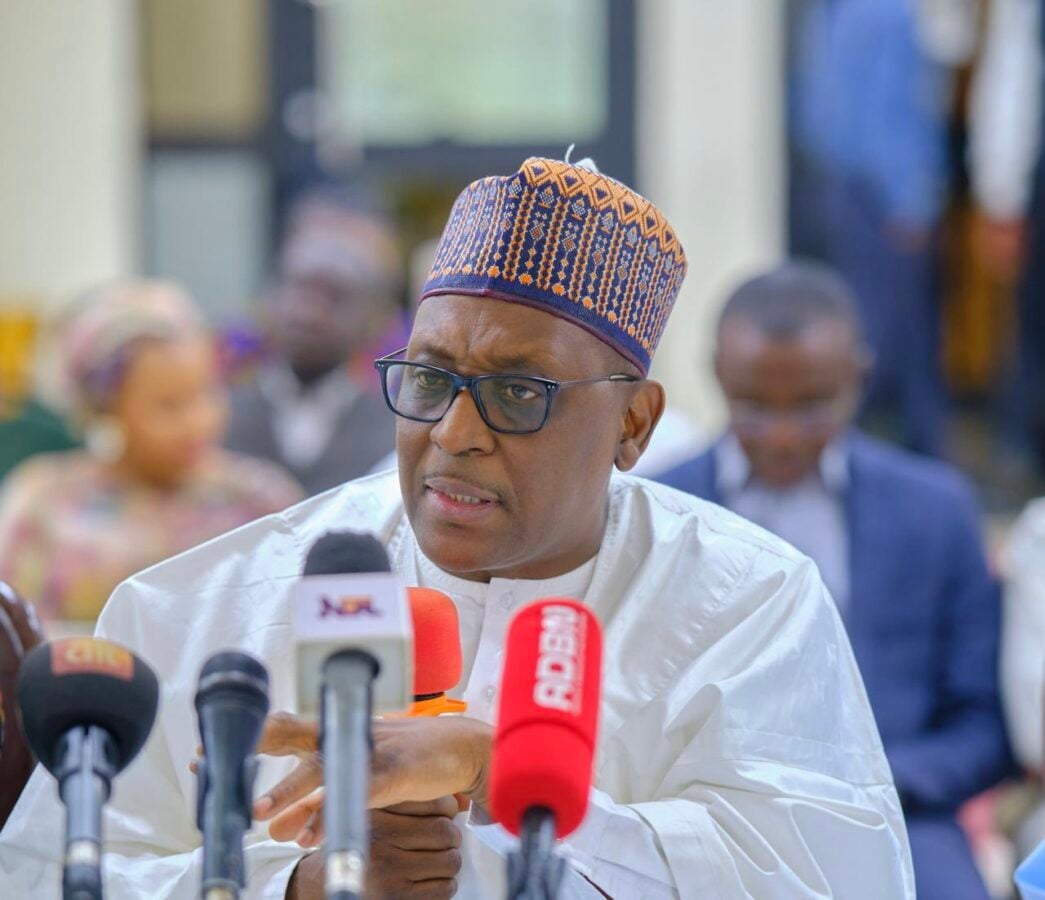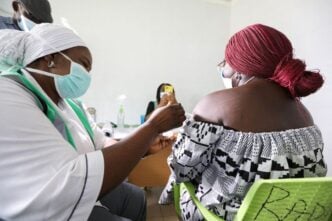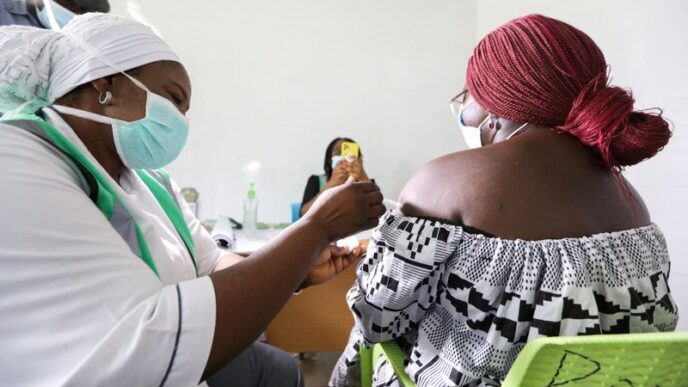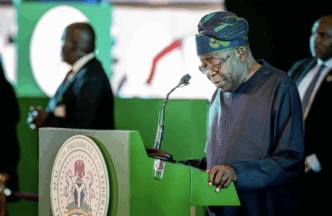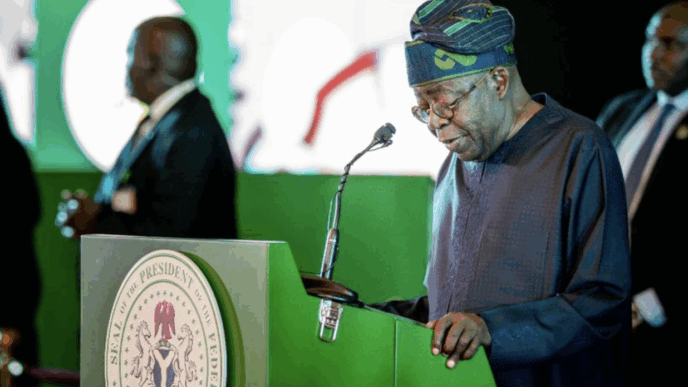Ali Pate
The federal government on Friday held a closed-door meeting with the leadership of the National Association of Nigeria Nurses and Midwives (NANNM), as negotiations continue over the warning strike embarked on by nurses and midwives across the country.
Ali Pate, coordinating minister of health and social welfare, presided over the meeting in Abuja alongside officials from the ministry of labour and employment.
The talks are the most recent effort to resolve the dispute and restore full services across public health institutions.
Speaking after the meeting, Pate reportedly said an agreement had been reached and announced that the industrial action had been called off.
Advertisement
On Thursday, the minister announced that the federal government had withdrawn the controversial circular on revised allowances for nurses — one of the union’s core grievances.
However, the union appears to be more cautious about the next steps. Speaking with TheCable, Jama Medan, chairman of NANNM in the federal capital territory (FCT), confirmed that the meeting had ended but noted that no final decision had been taken on the strike.
“The association will hold a national executive council (NEC) meeting to discuss the modalities of the meeting and decide if the industrial action will be called off,” Medan said.
Advertisement
Nurses and midwives under the association commenced a warning strike on July 29, 2025, following alleged government’s failure to address its demands.
The association had issued a 15-day ultimatum to the federal government, starting July 14, after which the union would embark on industrial action if its demands were unmet.
NANNM’s demands include gazettetting the nurses’ scheme of service approved by the NCE in 2016 in Minna, Niger state, implementing the national industrial arbitration court (NIC) judgment of January 27, 2012, upward reviewing of professional allowance for nurses and midwives, employment of nursing personnel, and adequate provision of health facility equipment.
Other demands include the creation of a department of nursing in the federal ministry of health, inclusion of nurses in the headship of the health policy-making body, a fair representation by the association on the board, membership in federal health institutions, centralisation of internship posting for graduate nurses, and consultancy for nurses and midwives.
Advertisement
